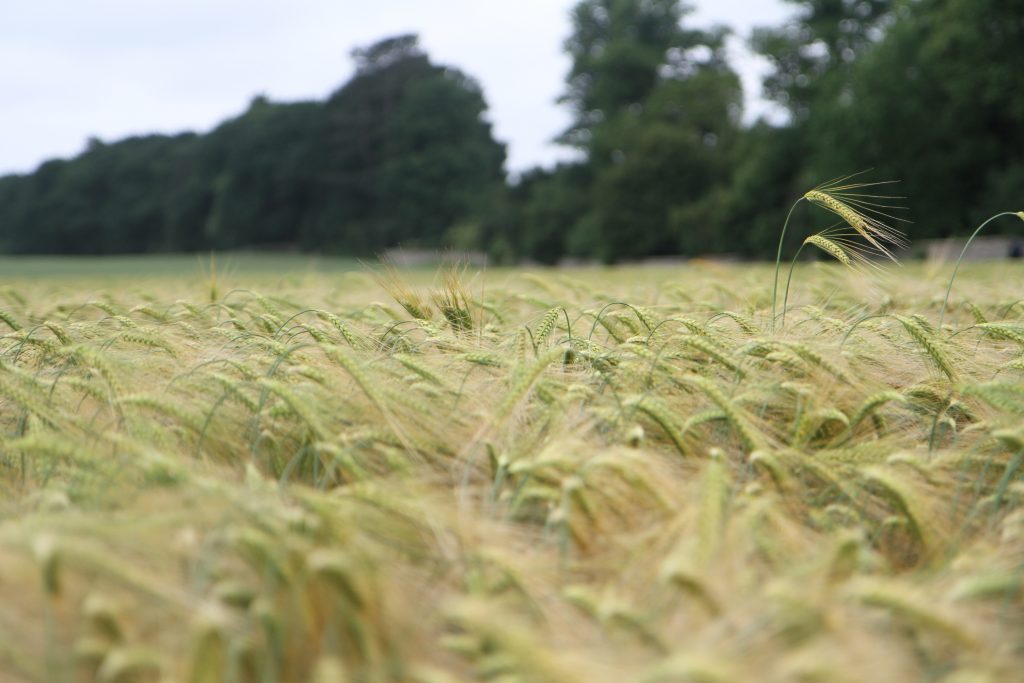Formulation key to weed control success in spring barley
4th May 2020
With a record 1 million ha of spring barely planted this year and rain forecast for the beginning of May, growers will be under pressure to control weeds in a narrow window of opportunity, so herbicide formulation could make all the difference.
With a record 1 million ha of spring barely planted this year and rain forecast for the beginning of May, growers will be under pressure to control weeds in a narrow window of opportunity, so herbicide formulation could make all the difference.

Colin Woodward, farm manager and crop consultant at Great Tew Estate in Oxfordshire
“We’ve grown 30% more spring barley than usual mainly because we couldn’t drill our winter wheat last autumn in the wet conditions,” explains Colin Woodward, farm manager and crop consultant at Great Tew Estate in Oxfordshire. “We usually grow spring cereals purely to help combat blackgrass, but this season has been so challenging weather wise that we’ve had to plant 60% of our crops as spring cereals to fill this gap,” he says.
“Not being able to drill the spring barley until the first half of April has meant the dry conditions have had an impact on establishment, and because all our spring crops were planted at the same time, our spring workload is going to be condensed and a lot higher than usual.”
Colin adds that because of this, the spraying programme will be a challenge.
“The spring barley will run through the growth stages very quickly now that the crop has had some rain and the temperatures are rising. As we need to target our broad leaf weed (BLW) control at GS30 we will have a very short window to get this applied to the crop. To make this as efficient as possible and reduce travelling we tank mix an SU herbicide with a fungicide and PGR,” he says.

Adam Espir, SU expert at FMC
Adam Espir, SU expert at FMC, explains that product formulation could be key to success when using this tank mix as it could help save time.
“Our SU’s such as AllyMax, Jubilee & Harmony M, are all formulated as an SX which means they are a true solution, rather than suspension, meaning they are much easier to wash out and will tank mix better,” he says.
“Tests carried out with a 1000L farm sprayer showed that sprayer washout with SX formulation takes quarter of the time, 30 minutes compared to two hours, and uses less than 20% water compared to non-SX formulation, which could be vital this year when time is so precious.”
Adam adds that growers should also consider planning their spray route carefully to avoid having to wash out as often.
“Spray fields in blocks wherever possible concentring on spring cereals first then washing out with AllClear Extra, before moving onto broad leaved crops such as brassicas or legumes,” he says. “There’s no doubt that it’s been an unusual season so far, so managing weed control programmes effectively to ensure you have enough time to get round will be key and SX formulation can help with this,” concludes Adam.

